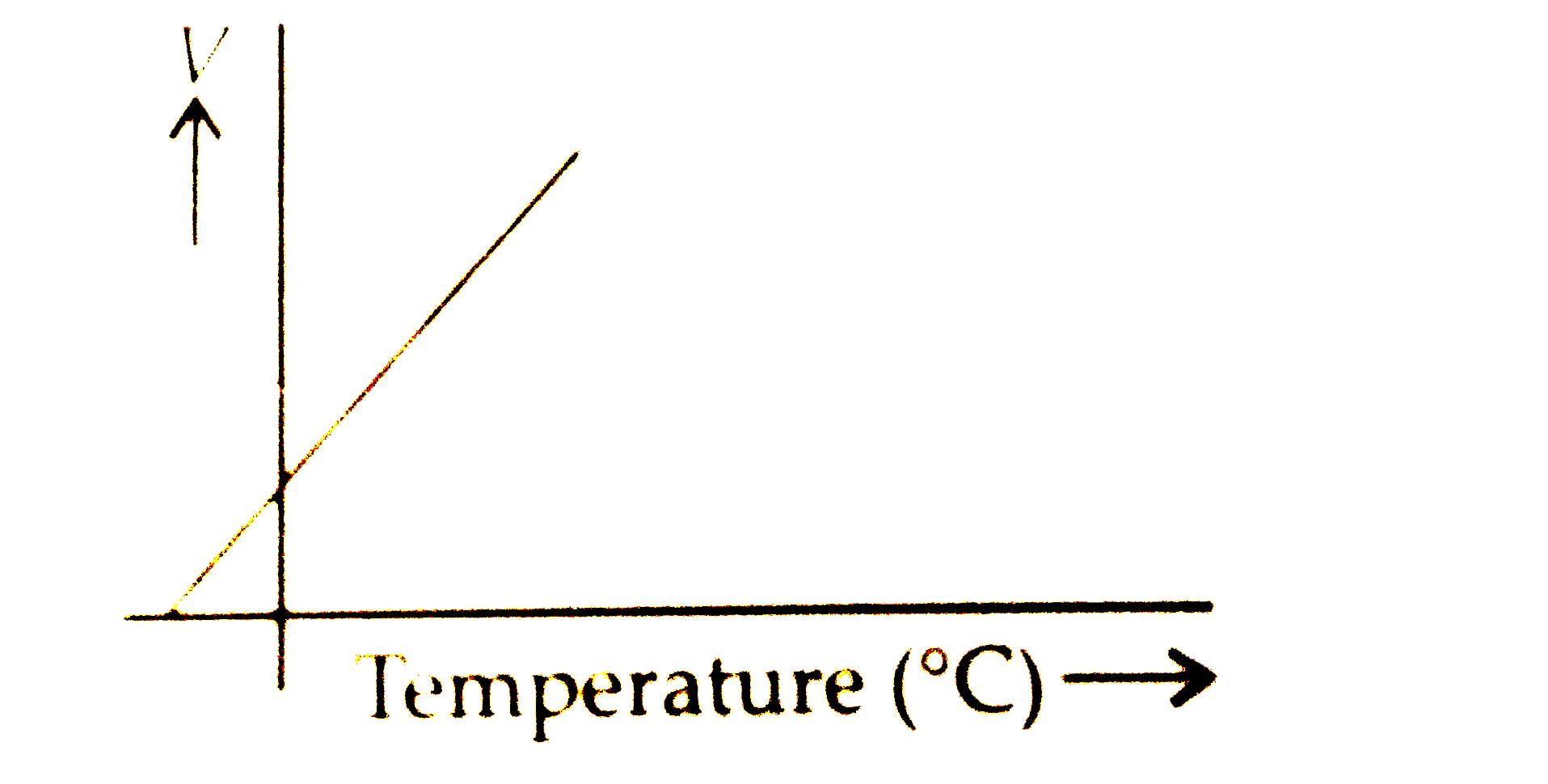Which of the following does not illustrate the anomalous properties of lithium?
Li is much softer than the other group first metals
The melting point and boiling point of Li are comparatively high
Li forms a nitride Li3N unlike group 1 metals
The ion of Li and its compound are more heavily hydrated then those of rest of the group 1 elements
The correct Answer is:A
To determine which of the following options does not illustrate the anomalous properties of lithium, we need to analyze each option in relation to the known anomalous properties of lithium compared to other alkali metals (sodium and potassium).
1. Understanding Anomalous Properties:
- Anomalous properties refer to characteristics that are different from those of other elements in the same group. For lithium, these properties arise mainly due to its small size and high charge density.
2. Analyzing Option A:
- Statement: "Lithium is much softer than other group I metals."
- Analysis: This statement is incorrect. Lithium is actually harder than sodium and potassium due to its strong metallic bonding. Therefore, this option does not illustrate an anomalous property of lithium.
3. Analyzing Option B:
- Statement: "The melting point and the boiling point of lithium are comparatively high."
- Analysis: This statement is true. Lithium has a higher melting and boiling point compared to other alkali metals due to its strong metallic bonds.
4. Analyzing Option C:
- Statement: "Lithium forms a nitride, Li3N, unlike group I metals."
- Analysis: This statement is also true. Lithium uniquely forms lithium nitride, while other alkali metals do not form nitrides.
5. Analyzing Option D:
- Statement: "The ions of lithium and its compounds are more heavily hydrated than those of the rest of group one elements."
- Analysis: This statement is true. Due to its small size, lithium ions can be surrounded by more water molecules, leading to higher hydration.
6. Conclusion:
- The only statement that does not illustrate the anomalous properties of lithium is Option A: "Lithium is much softer than other group I metals." This is incorrect because lithium is harder than sodium and potassium.
Final Answer:
Option A: Lithium is much softer than other group I metals.
---
- Anomalous properties refer to characteristics that are different from those of other elements in the same group. For lithium, these properties arise mainly due to its small size and high charge density.
- Statement: "Lithium is much softer than other group I metals."
- Analysis: This statement is incorrect. Lithium is actually harder than sodium and potassium due to its strong metallic bonding. Therefore, this option does not illustrate an anomalous property of lithium.
- Statement: "The melting point and the boiling point of lithium are comparatively high."
- Analysis: This statement is true. Lithium has a higher melting and boiling point compared to other alkali metals due to its strong metallic bonds.
- Statement: "Lithium forms a nitride, Li3N, unlike group I metals."
- Analysis: This statement is also true. Lithium uniquely forms lithium nitride, while other alkali metals do not form nitrides.
- Statement: "The ions of lithium and its compounds are more heavily hydrated than those of the rest of group one elements."
- Analysis: This statement is true. Due to its small size, lithium ions can be surrounded by more water molecules, leading to higher hydration.
- The only statement that does not illustrate the anomalous properties of lithium is Option A: "Lithium is much softer than other group I metals." This is incorrect because lithium is harder than sodium and potassium.
Option A: Lithium is much softer than other group I metals.
Similar Questions
Knowledge Check
Which of the following does not show the amomalous behaviour of lithium?
ALithium reacts with nitrogen to form a nitrideBLithium carbonate decomposes on heatingCLithium nitrate gives NO2 on heatingDlithium is the strongest reducing agent.Which of the following does not express the properties of gases ?
AGases are highly compressible.BGases exert pressure equally in all directions .CGases have much higher density then liquids and solids .DGases mix evenly and completely in all proportions.Which of the following best illustrates the idea of increasing levels of organizational complexity ?
ATissue, chemical, cellular, organ, system, organismicBCellular, chemical, tissue, organismic, organ, systemCChemical, cellular, tissue, organ, system, organismicDChemical, tissue, cellular, organ, organismic, system
Which of the following does not illustrate the phenomenon of natural selection?
View SolutionWhich of the following does not exhibit the periodicity in properties of the elements?
View SolutionWhich of the following best illustrates feedback in development ?
View SolutionThe following graph illustrates

View SolutionWhy does lithium exhibit anomalous properties ?
View Solution
